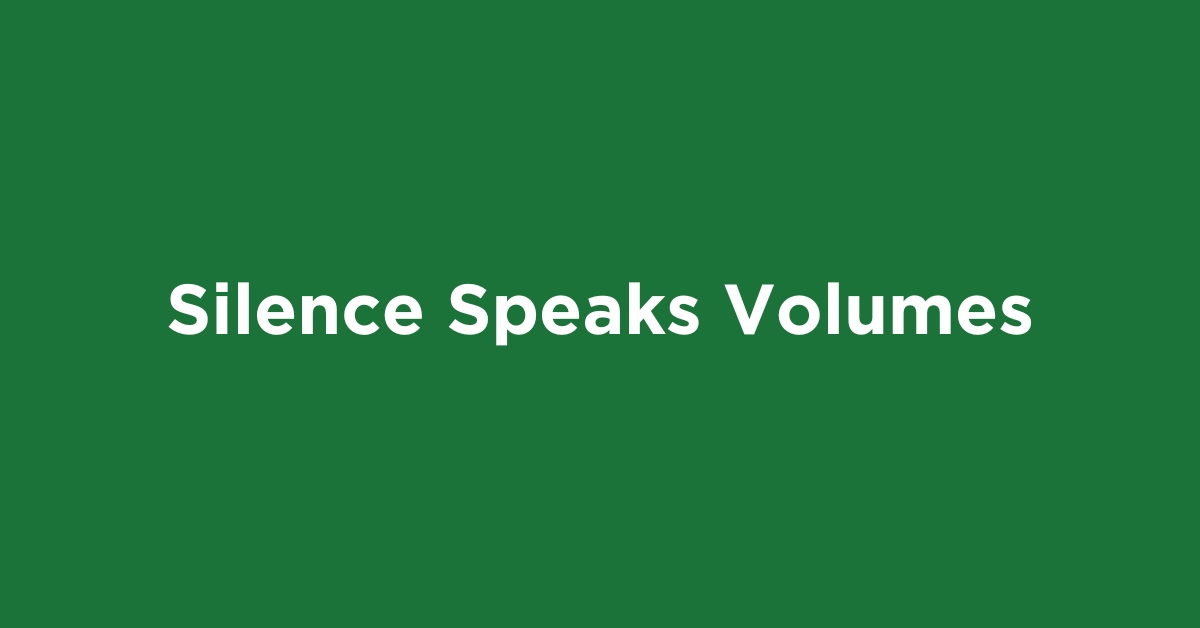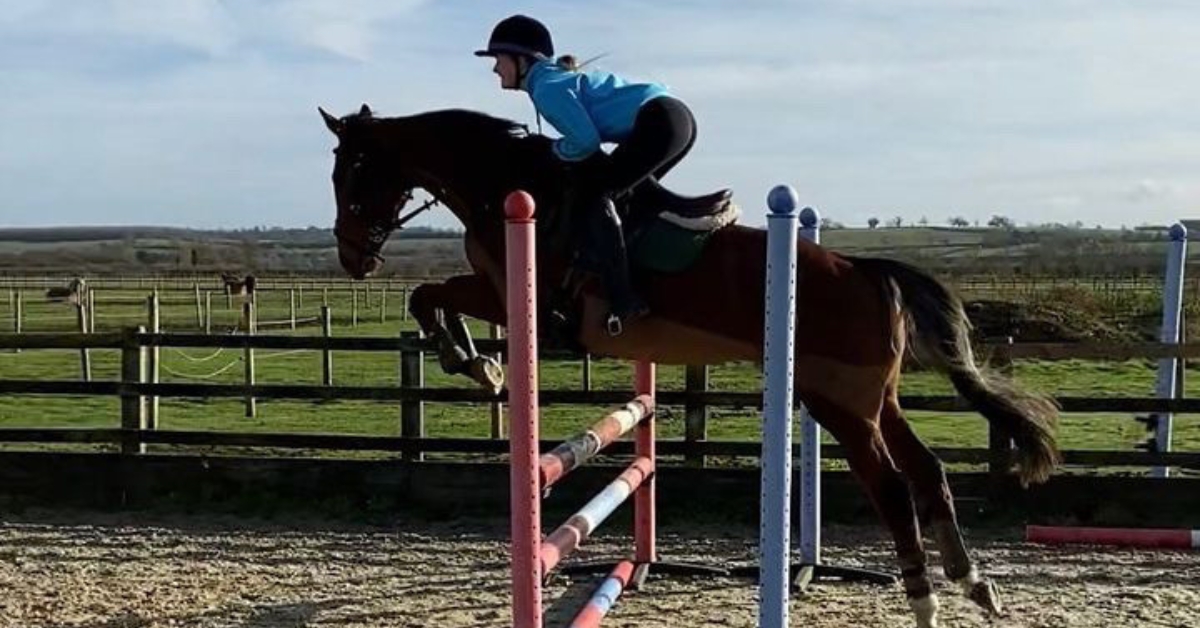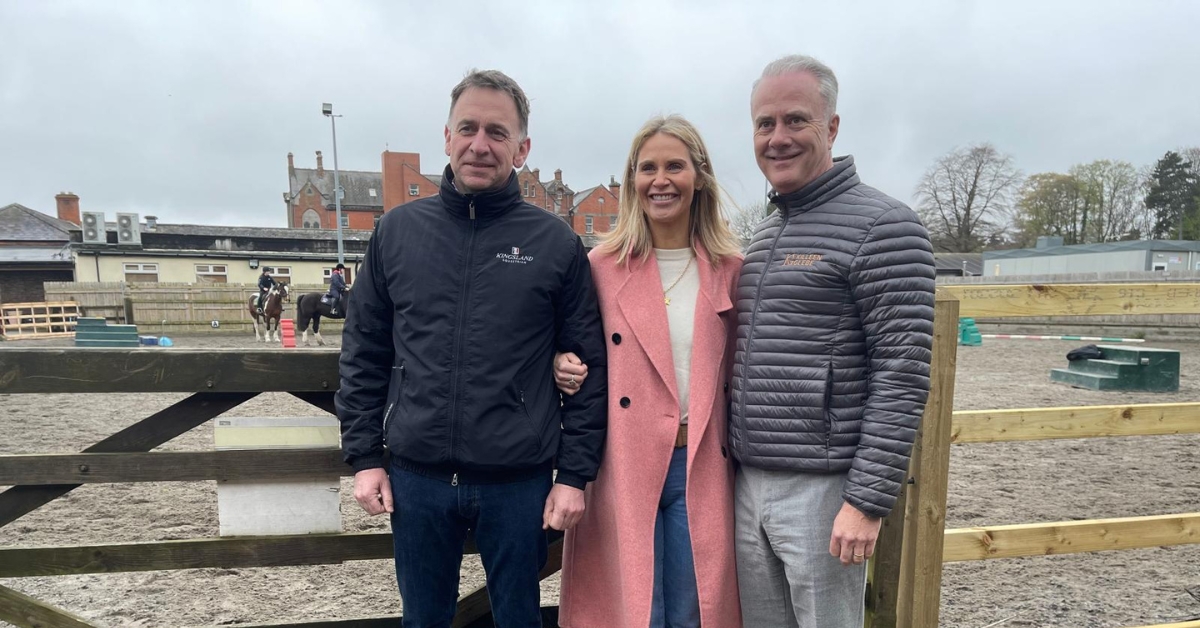by Zoe Jane Smalley
The term equine spans across the widest variety of breeds I think of any other species. From a Shetland pony to a shire horse with racing fit thoroughbreds, beautiful stamps of sport horses, good old reliable cobs and everything else in between. How do we know that the half tonne beast with questionable manners, impeccable aim with his feet to your toes and a stomach that fills slower than the Grand Canyon is most definitely a horse and not a test of patience sent from somewhere above? His ability to hurt himself! If you can leave him wrapped in bubble wrap and come back to him missing a leg, he is most definitely a horse!
Some of us may be lucky, every now and again there is such an animal who never is sickly or sore, but just know, for every one of them, there are 100 injury prone drama queens who have individually paid the deposit for the vets rather large house, which you will never own due to your accident prone pal in the stable looking back at you!
So, what can we do to keep our precious pets safe and injury free? Honestly? Absolutely nothing! What we can do is be ready for whichever test of patience and sanity they decide to send our way.
The most tempting thing to do is to call the vet as soon as one of their super shiny hairs looks to be a little dull or out of place, because, after all, its better to be safe than sorry right? That’s ok if you can re mortgage your house to pay for all the call outs! Equine first aid has developed rapidly over the last 100 years, more so in the last 20 years. In this instance, knowledge is power, and we all know how little power over these magnificent animals we really have so lets take what we can and prepare our first aid kits with whatever it takes to save just one call out fee this year!!
I tend to go with the minimalistic approach to most injuries and hope for the best! If I see blood, I give it a good clean, spray with silver or blue spray and apply an animalintex. Hope for the best and reassess tomorrow! Now obviously this only works for minor scratches, and cuts which don’t require stitches or surgery! I find the key to success here is cleaning thoroughly. I often see people administer a shot of antibiotics ‘just in case’. The theory behind this is brilliant if antibiotic resistance wasn’t such a real and severe issue. We all question the vets when they won’t hand over what we want them to and brand them dramatic when they try and explain anti biotic resistance to us, in our heads we don’t really care, we just want him sound for whatever is coming next week, opening meet, pony club camp, the champion hurdle or badminton! The reality? They’re right! They study for a long time for the pleasure of it and we should cast aside our emotions and appreciate the knowledge which they share with us!
Which leads me nicely to my next point, sharing knowledge. I treat every trip to the vets like a school day. I ask questions, ask for explanations and have even been known to video a vet applying a bandage to sweat a leg before, just to make sure I did it right the following day! That makes me a really annoying customer, but one who doesn’t bug my vet with anxious phone calls every second day because unlike my actual school days, my vets school days appear to actually teach me a thing or 2!
Obviously, there are times a vet or anti biotics are needed, by no means am I suggesting we could get the little dears a full 365 days without seeing one. No one is that good! But for the days we might get by with a little faith in ourselves all we really need is the ability to bandage well, the means to clean a wound and the materials to wrap it in! Keep some animalintex, gamgee, vet wrap, scissors and silver spray handy and you won’t go far wrong!
I love nature for healing too. Sea water for sore legs, manuka honey for nasty wounds and a spin in the box for a colicky belly! The old school method of a drive down a country road with a horse who is colicing is yet to fail me, a literal case of knocking the proverbial out of them with a few windy roads and the relief when you drop the ramp at the vets and smell the aroma of fresh ‘I wont cost you thousands tonight mum’ is a feeling beyond words.


Share
Your subscription is 100% Free for our first year, No credit card details required.

In the wake of Horse Sport Ireland’s (HSI) recent governance changes, questions and concerns have bubbled up from the grassroots

Molly Perkins: Triumph Over Adversity and Inspiring a New Generation At just 21 years old, Molly Perkins is not just

Anybody who was lucky enough to know Jack, or even to have met him briefly will know that his love